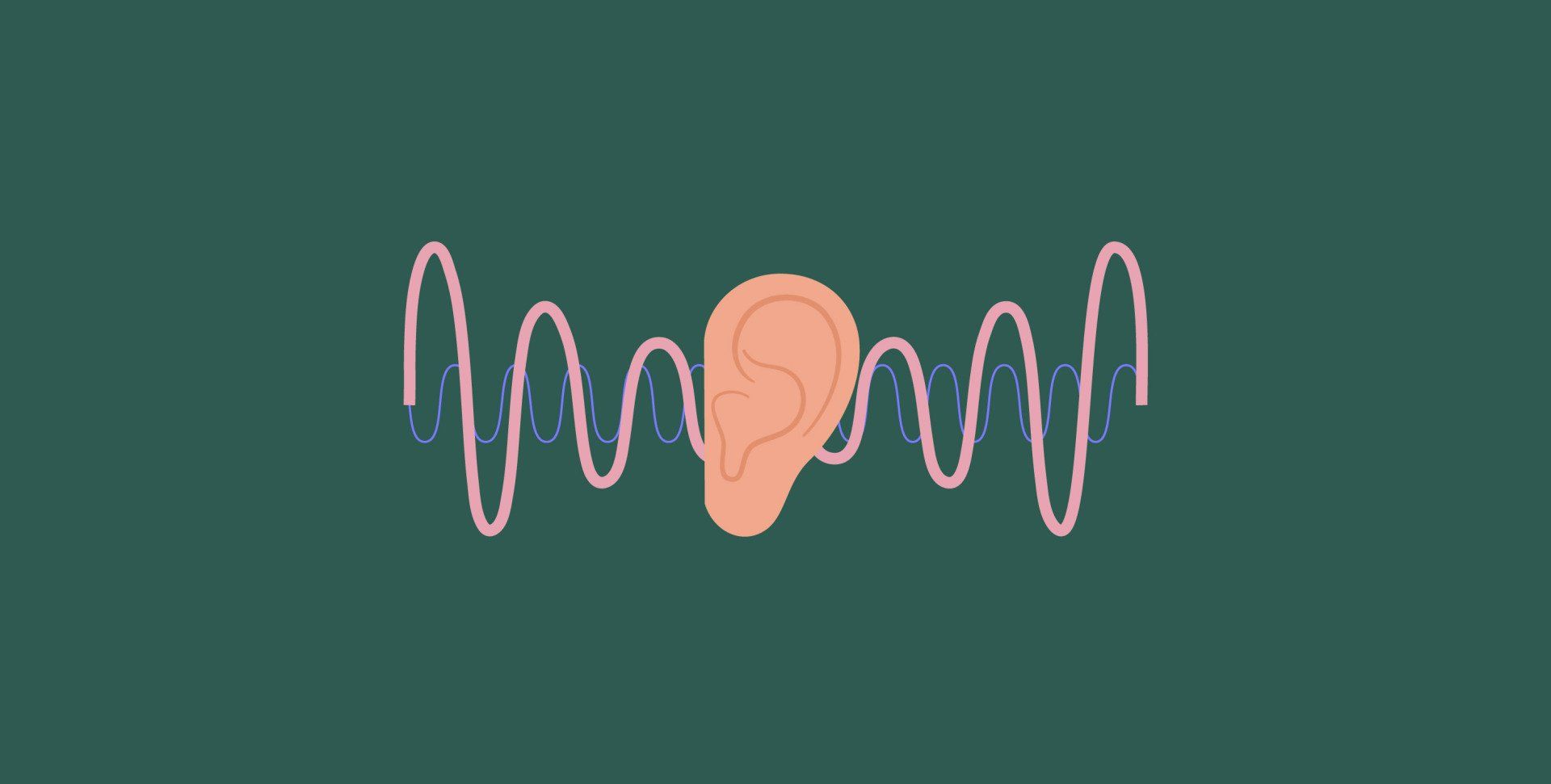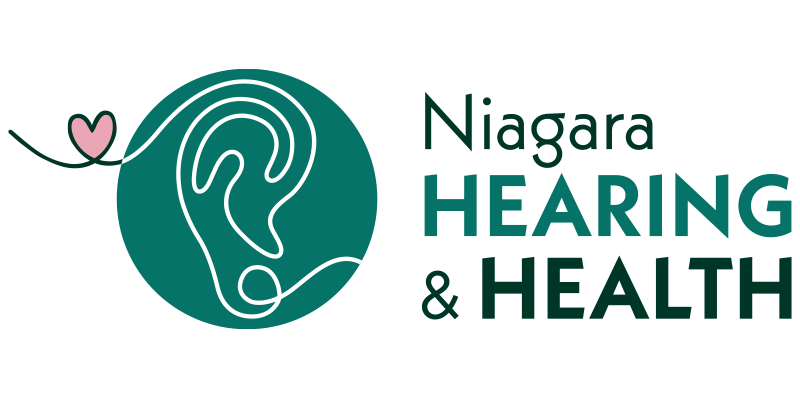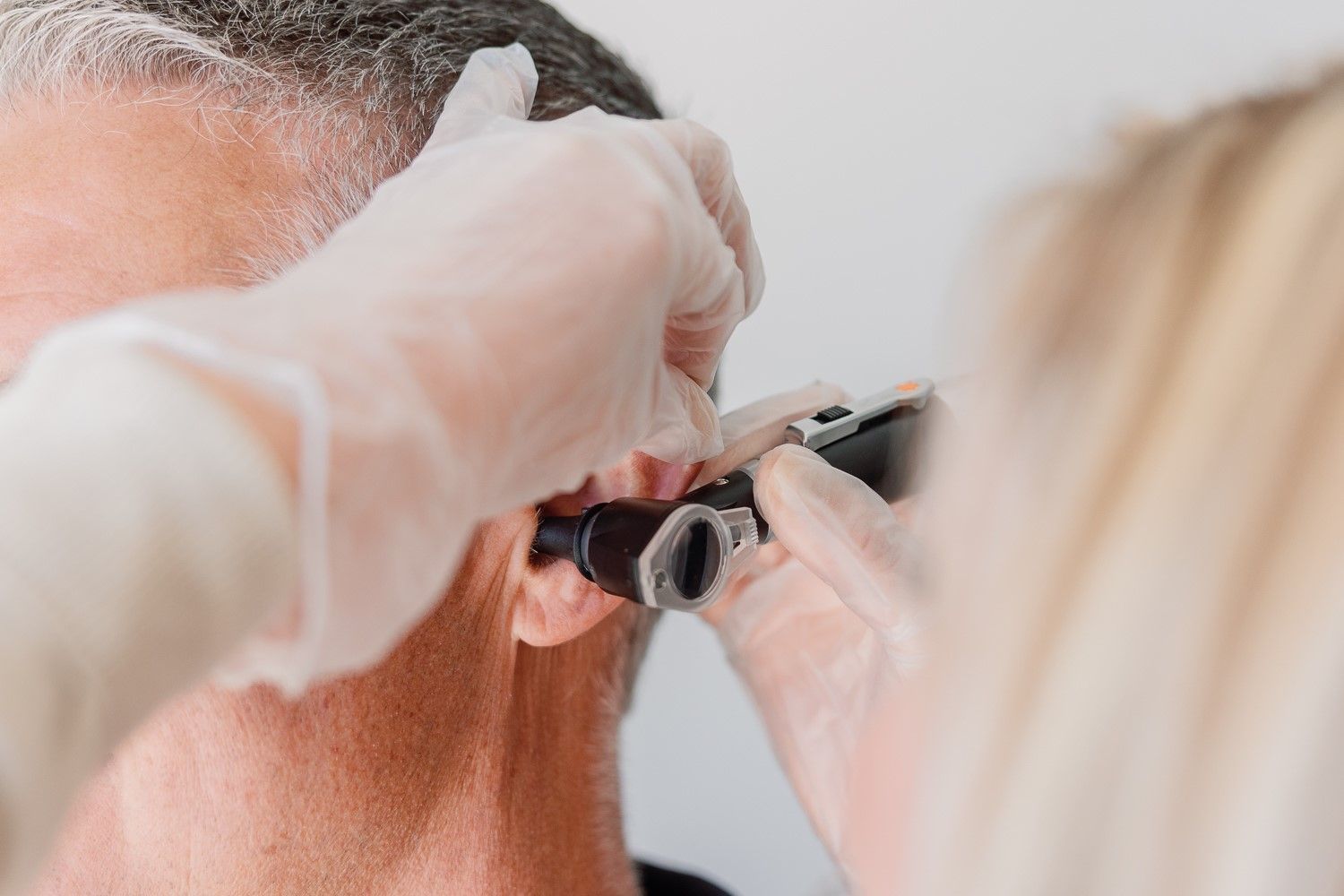Blog

Tinnitus is a constant or intermittent ringing in one or both of your ears. Almost everyone has experienced tinnitus at some point in their lives; however, for some, it is a persistent and often even debilitating issue. What people don’t often know is what causes tinnitus and what they can do to relieve their symptoms. Causes of tinnitus: Hearing Loss: Often, tinnitus is associated with a sensorineural hearing loss. In fact, 90% of people who present with a sensorineural hearing loss also report tinnitus. This type of hearing loss can be hereditary, age-related, trauma-induced or noise-induced. Hearing loss is the most common cause of tinnitus. Infection: During active infection, or even following ear infections, fluid can persist in the middle ear causing a change in pressure in the middle ear space, which can result in tinnitus. Blockage: Build up of ear wax or blockage by a foreign body entering the ear canal can cause tinnitus. Injury or trauma to the head or neck: Typically, this type of damage will cause tinnitus in just one ear. Medications: Certain medications have been known to induce tinnitus. Such medications include nonsteroidal anti-inflammatories, antibiotics, chemotherapy agents, antidepressants and diuretics. People often get the discouraging message that nothing can be done to relieve symptoms of tinnitus and they must get used to it. Though there is no ‘cure’ for tinnitus, there are a lot of great tools and treatments to reduce the perceived intensity of tinnitus. An important first step is booking a hearing test with a qualified hearing care professional who specializes in identification and treatment of tinnitus. At Niagara Hearing & Health, we are members of the American Tinnitus Association and therefore specialize in the identification and management of tinnitus. Brittany or Seneka will perform a comprehensive hearing evaluation including tympanometry and acoustic reflex testing in addition to the pure-tone air and bone conduction testing. Our state-of-the-art equipment ensures you are in great hands. Once we have the information we need, we will discuss the best tinnitus management program for you to minimize the impact tinnitus has on your life. Sometimes the answer is wax removal, sometimes it is hearing aids; and other times it may be a more involved treatment plan. No two tinnitus cases are alike and therefore the best course of treatment is going to differ from patient to patient. Successful tinnitus management programs require overlapping layers of treatment options. At Niagara Hearing & Health we are here to take the time and help you manage your tinnitus with individualized treatment plans. - Brittany Mott Au.D., Reg. CASLPO





